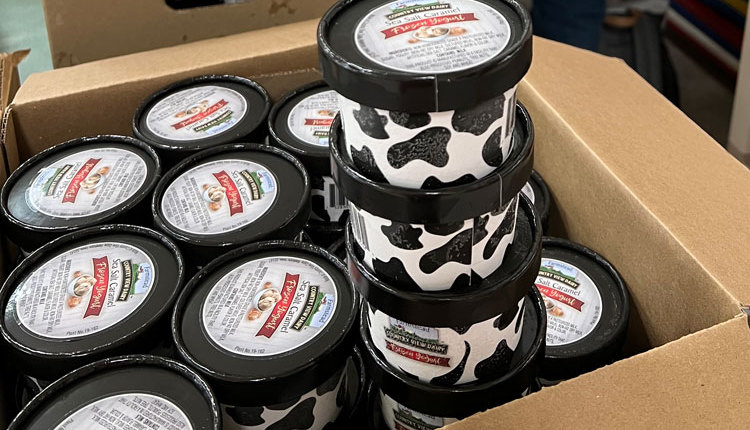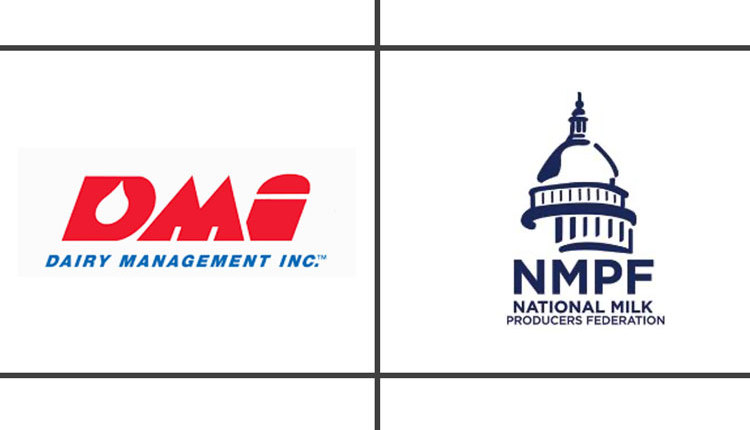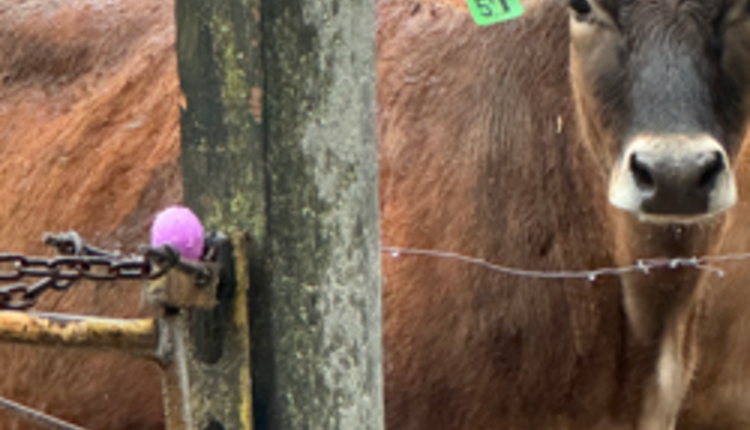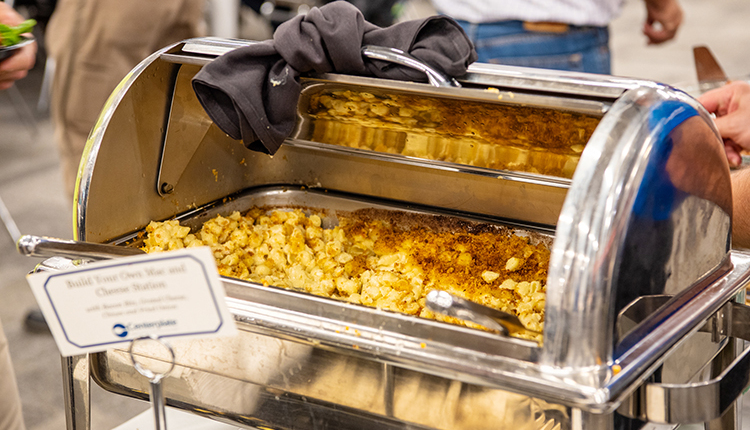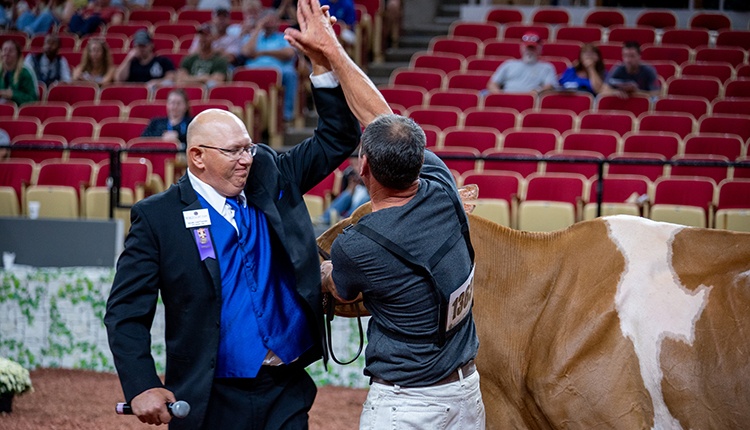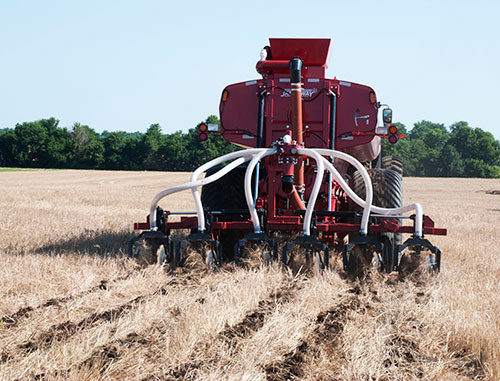
Manure smells like money to farmers because of the nutrients it contains and the fertilizer value it provides when applied to cropland. But to the non-agriculture nose, manure often smells like, well, manure.
Animals produce a lot of manure, and the best final destination for this valuable by-product is on the land where it can feed crops. While odor can't be completely eliminated when hauling and applying manure, it can be reduced. One such way is to inject manure directly into the soil.
"Reducing odors is one big benefit of manure injection," noted Rory Maguire, Virginia Tech extension specialist, during his presentation at the North American Manure Expo in Chambersburg, Pa. Some research has shown a 90 percent reduction in odor when manure is injected rather than broadcast spread. Maguire explained that injecting manure might also open up opportunities to spread on fields avoided in the past for fear of disrupting neighbors with the smell.
Beyond the sensory benefit, "Injecting manure also improves nitrogen use and efficiency by decreasing ammonia volatilization," Maguire said. About twice as much plant available nitrogen is received from a gallon of liquid manure applied through injection rather than surface applied. This means farmers are getting much more value out of the applied nitrogen. Injection costs more than other types of manure application, so the exact economic value of manure injection depends on the current price of nitrogen, explained Maguire.
The third positive aspect Maguire shared was the environmental benefit. Nitrogen and phosphorus losses through runoff are less when manure injection is utilized, he said.
To do manure injection, a farmer must buy new equipment or retrofit the manure tanker they have, which clearly comes with a cost. Manure injection also takes more time than other forms of application. Extra energy might also be necessary to get the job done, requiring more fuel and potentially a larger tractor.
Still, Maguire concluded that manure injection "is feasible." He also said that the extra nitrogen available for the plant should more than cover the costs, and even though crop yields may not go up, the need to side-dress nitrogen may be minimized or even reduced.


The author is an associate editor and covers animal health, dairy housing and equipment, and nutrient management. She grew up on a dairy farm near Plymouth, Wis., and previously served as a University of Wisconsin agricultural extension agent. She received a master's degree from North Carolina State University and a bachelor's from University of Wisconsin-Madison.


